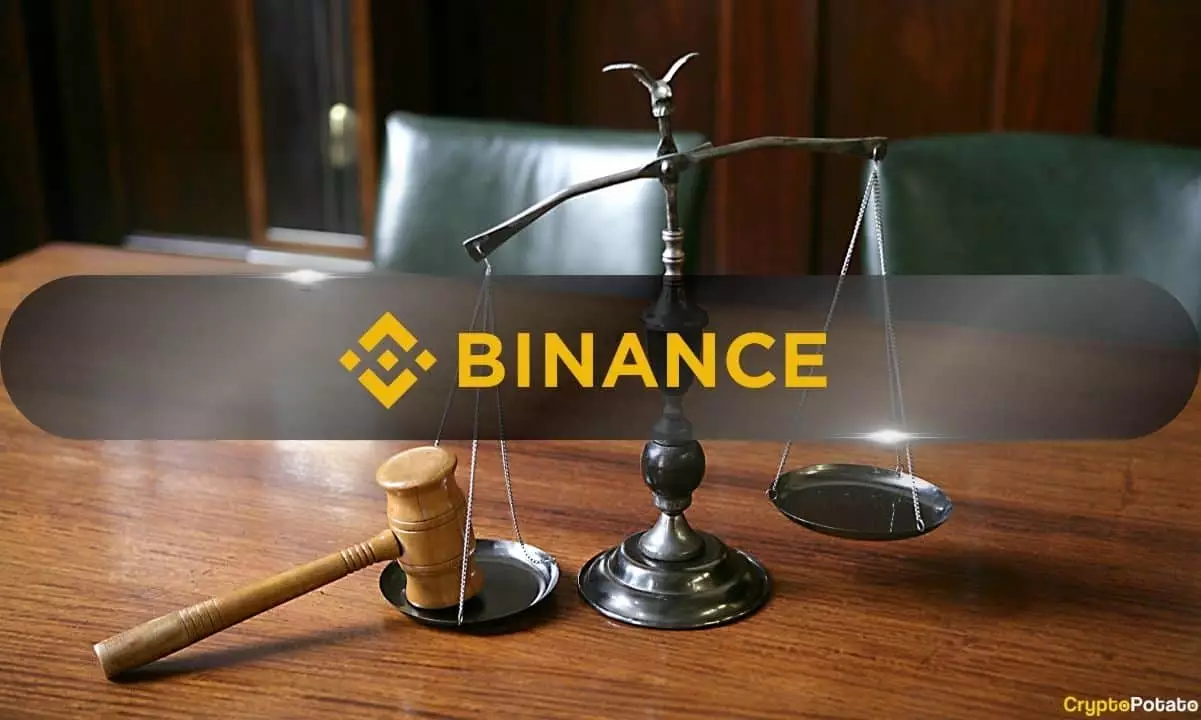In a significant turn of events for the cryptocurrency landscape, the U.S. Supreme Court has decisively turned down a petition from Binance, the prominent cryptocurrency exchange, alongside its founder, Changpeng Zhao. This denial has critical implications for the future of cryptocurrency regulation in the United States and for entities operating within the increasingly scrutinized arena of digital finance.
The crux of the matter began with a lawsuit initiated by investors, who accused Binance of illegally vending unregistered tokens. These tokens, they argued, subsequently plummeted in value, leading to considerable financial losses. According to the January 13 ruling, despite Binance lacking a physical U.S. headquarters, the exchange is bound by American securities laws due to its services catering to U.S.-based clients. This legal stance raises an integral question: Can a foreign entity be held accountable under U.S. law when it offers services to American citizens?
The Second Circuit Court of Appeals backed the notion that the applicability of U.S. securities laws was appropriate due to the fact that trades executed by American investors could not be reversed and were facilitated through U.S. servers. In this scenario, it underscores a growing trend in the judicial system to extend the reach of U.S. laws beyond geographical borders when the interests of American investors are concerned.
The ramifications of this ruling are profound. With the Supreme Court’s refusal to review the appeal, Binance is now set to face a class-action lawsuit regarding its alleged sale of unregistered tokens, which raises red flags for other cryptocurrency exchanges and their operations. This case serves as a reminder that regulatory compliance is a paramount concern, and entities that fail to recognize the applicable legal frameworks may face severe consequences.
Additionally, this situation signals a shifting landscape in how digital asset platforms are viewed and regulated. The ruling suggests that regardless of a company’s physical location, engagement with U.S. clients can entail adherence to American laws. Consequently, cryptocurrency enterprises may need to reevaluate their operational strategies and compliance practices to avoid similar pitfalls.
The litigation against Binance is only part of a larger narrative involving increasing regulatory scrutiny on cryptocurrency platforms. Back in 2023, the U.S. Securities and Exchange Commission (SEC) leveled accusations at Binance alleging it facilitated trades of cryptocurrencies that arguably should have been registered as securities. This regulatory environment is becoming even more complex, with the SEC adopting a more aggressive posture against entities it perceives to undermine investor protections.
This increased scrutiny is mirrored in Binance’s prior settlements, including a staggering $4.3 billion agreement with the U.S. Department of Justice over violations of anti-money laundering (AML) and terrorism financing laws. Such actions not only highlight systemic issues within the exchange but also represent a broader challenge facing the industry. Cryptocurrency exchanges must now navigate a complex landscape where compliance and adherence to regulatory standards are paramount.
Despite Binance’s efforts to defend itself, including arguments around the global nature of cryptocurrency trading facilitated by technological advancements, the court’s decision emphasizes the limitations of transcending regulatory frameworks simply because of geography. Consequently, Binance faces not only the ongoing class-action lawsuit in the U.S. but litigation in other jurisdictions, including Canada.
The overwhelming legal battles may impede Binance’s operations and instill a sense of trepidation in consumers and investors who are wary of the risks associated with unregulated or poorly managed platforms. The fallout from these developments is likely to impact the cryptocurrency market as a whole, causing significant shifts in how digital assets are perceived and traded.
The Supreme Court’s decision to decline an appeal by Binance and Changpeng Zhao marks a pivotal moment not only for the exchange but for the wider cryptocurrency ecosystem. As regulatory bodies continue to tighten their grip, cryptocurrency exchanges must proactively implement robust compliance measures and rethink their operational frameworks. The implications of this ruling highlight the necessity for adaptability in a continually evolving financial landscape where traditional and digital realms intersect. In an era marked by technological innovation and regulatory evolution, the industry will need to balance the demands of compliance without stifling the entrepreneurial spirit that has characterized the cryptocurrency movement.

